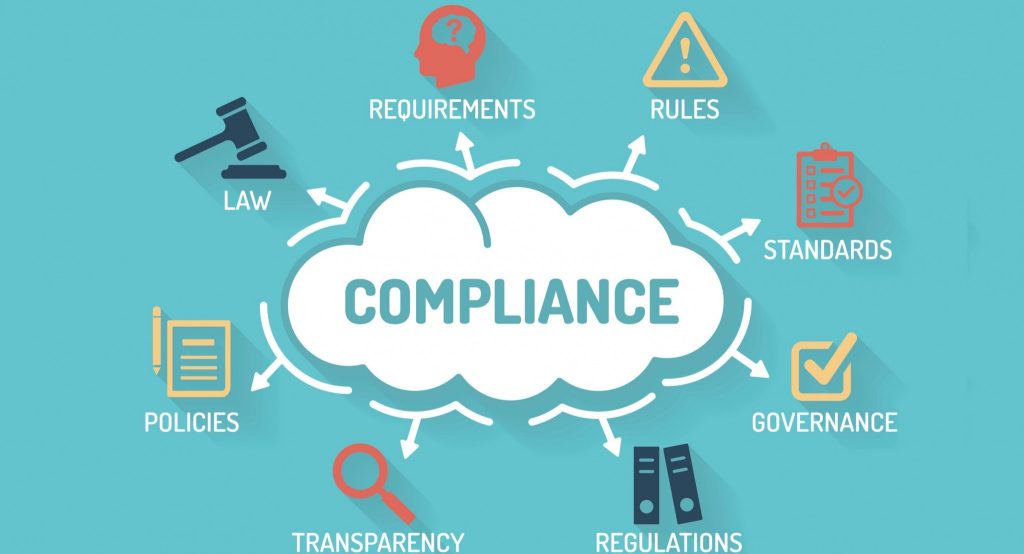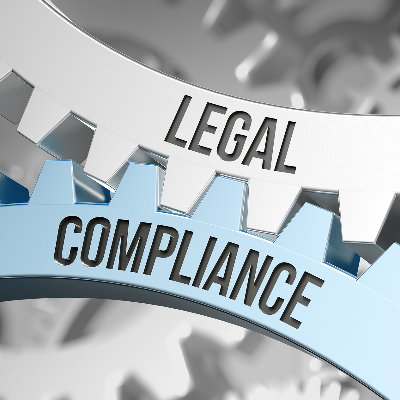Developing effective strategies for legal government compliance is crucial for businesses and organizations to operate within the boundaries of the law. Failing to comply with government regulations can lead to severe penalties, damaged reputation, and even legal implications. In this article, we will explore the significance of compliance, discuss key strategies for establishing a compliant environment, and highlight the benefits of prioritizing legal government compliance.
Understanding the Importance of Legal Government Compliance:
Legal government compliance refers to adhering to laws, regulations, and guidelines set by local, national, or international regulatory authorities. Compliance is not only a legal but also an ethical obligation for businesses. It ensures fair competition, protects consumers, and promotes a transparent and accountable environment. Non-compliance can result in hefty fines, lawsuits, business disruption, and reputational damage.
Key Strategies for Developing Legal Government Compliance:
- Stay Informed and Updated: Monitor regulatory changes relevant to your industry and ensure all stakeholders are aware of new requirements. Routinely review and update compliance policies and procedures to reflect any modifications in regulations.
- Implement Effective Internal Controls: Establish robust internal control systems to ensure compliance with all applicable laws and regulations. This includes conducting regular risk assessments, creating comprehensive compliance programs, and promoting an ethical organizational culture.
- Develop Clear Policies and Procedures: Create well-defined policies and procedures that outline compliance expectations for all employees. Communicate these policies through training sessions, workshops, and regular reminders to ensure everyone understands their responsibilities.
- Conduct Regular Audits and Assessments: Regularly review and audit your organization’s compliance programs to identify any potential gaps or areas of improvement. Engage an independent third party if required to ensure objectivity during the audit process.
- Foster a Culture of Compliance: Establish a culture that encourages employees to prioritize compliance and ethical behavior. Nurture open communication channels where employees can report any potential violations or concerns without fear of retaliation.

Benefits of Prioritizing Legal Government Compliance:
- Enhanced Reputation: Demonstrating a commitment to compliance helps build trust among stakeholders and enhances your organization’s reputation. This can attract customers, investors, and talented employees.
- Reduced Legal Risks and Costs: By implementing effective compliance strategies, businesses can minimize their exposure to legal risks and potential lawsuits. This reduces the financial burden associated with legal battles and penalties.
- Improved Operational Efficiency: Compliance programs promote operational efficiency by streamlining processes and identifying areas of improvement. This ultimately leads to better resource management and overall organizational effectiveness.
- Competitive Advantage: Compliance can provide a competitive edge in the market. Customers, especially in regulated industries, prefer businesses that consistently meet legal obligations and prioritize ethical behavior.
- Peace of Mind: Prioritizing legal government compliance provides peace of mind to both the organization and its stakeholders. Compliance ensures that your business is operating within the laws and regulations, reducing anxiety and uncertainty.
Conclusion:
Developing effective strategies for legal government compliance is vital for businesses and organizations to minimize legal risks, safeguard their reputation, and gain a competitive advantage. By staying informed, implementing robust internal controls, fostering a culture of compliance, and conducting regular audits, organizations can navigate the complex regulatory environment successfully. Prioritizing compliance not only benefits the organization but also contributes to fostering a fair and lawful marketplace.











